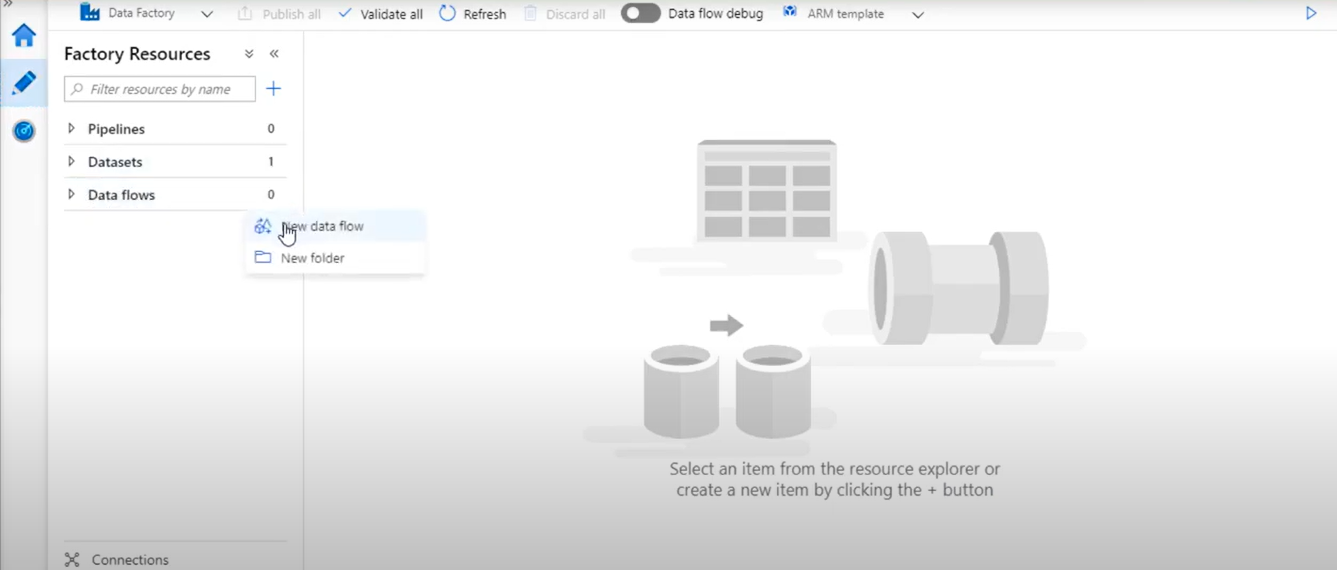Programming
- General Programming Skills (Data Types, Iteration, Functions)
- Algorithm Proficiency
- Unary/Binary Operation Proficiency
- Declarative Programming Fundamentals
- Regular Expression Familiarity
- Framework Design Guideline Proficiency
- Collection/Array Differences
Language
Specific Skills
- C# (or VB) Mastery
- Enumerators
- Delegates and Events
- Nullable Types
- Generics
- Preprocessor Directives
- P/Invoke Fundamentals
- COM Interop Fundamentals
- XML Documentation
CLR/Framework
- CLI Fundamentals (Memory Management, Assembly Loading)
- Framework Type Mapping (int -> Int32, long -> Int64)
- IL Fundamentals
- Framework Navigation Fundamentals
- Reflection / Dynamic Invocation
- Understanding of the 'Object' Type
- Core Assemblies
- Global Assembly Cache (GAC)
- Boxing/Unboxing Fundamentals
ASP.NET
- ASP.NET Concepts (CodeBehind, Compilation Model, Intrinsic Objects, ViewState, etc)
- ASP.NET Control Proficiency
- ASP.NET Page Life Cycle
- ASP.NET HttpHandler, HttpHandlerFactory, and HttpModule Proficiency
- Object-Oriented Nature of ASP.NET
Client-Side
Development / General Web Development
- JavaScript Proficiency (Closures, Anonymous Calls, etc)
- CSS Proficiency (Specificity, Selectors, Rules, etc)
- DOM Familiarity
- XHTML Mastery (and it's relation to HTML)
- Web Standards Familiarity
- MOS (Mozilla, Opera, Safari) and IE Development Differences
- Firefox Utilities (Firebug, Web Developer Toolbar)
- Core Ajax & JQuery Fundamentals
- Classic Web Development Concepts (State Management, Stateless Development)
- WPF
- Silverlight
.NET
Data
- ADO.NET Fundamentals (DataTable, DataSet, DataColumn, etc)
- LINQ
- Entity Framework
- Data Binding Fundamentals
- XML Serialization
.NET
Concepts
- Assemblies
- Exception Handling
- Streaming
- Attributes
- Versioning
- Strong Naming
- Disposable Resources (and IDisposable)
Object-Oriented
Principles
- OOP Principles (Inheritance, Polymorphism, Encapsulation) Proficiency
- OOD GRASP Patterns Mastery
- OOD GoF Pattern Fundamentals
- UML Fundamentals
Enterprise
Architecture
- N-Tier Architectural Design
- Service Oriented Architecture Fundamentals
- Component Oriented Development Fundamentals
- Enterprise Services/COM Fundamentals
- MSMQ Fundamentals
- Web Service/WS-* Fundamentals
- RSS/Atom Fundamentals
- WCF Fundamentals (Address, Binding, Contract)
Data
- Set Theory Fundamentals
- Database Design/Data Modeling Mastery
- ACID and Normalization Concepts
- SQL Server 2005/2008 Interaction Familiarity
- SQL Server 2005/2008 Query Optimization
- SQL Server 2005/2008 Index Design
- SQL Server 2005/2008 Tuning
- T-SQL Proficiency
- O/R Mapper Familiarity
- XML/DTD/XSD/XSLT/XPath Fundamentals
System
Technologies
- Windows Server 2003/2008 Familiarity
- IIS 6.0/7.0/7.5 Proficiency
- Component Services (COM+) Familiarity (the tool)
- TCP/IP Fundamentals (Basic IP Theory, DNS, ping, tracert)
- Networking Fundamentals (Routers, Switches, DHCP Servers)
- Web Server Farm Fundamentals
- 'Run' Window Proficiency
- Batch File Fundamentals
- Windows Client Proficiency (Network Mapping, File Operations)
General
Software Development
- Software Development Life Cycle Fundamentals
- Iterative/Agile/Waterfall/MSF Familiarization
- Version Control Familiarity (CVS, Subversion, etc)
Quality
Assurance
- NUnit Familiarity
- Unit/Regression Testing Familiarity
- Profiling Fundamentals
General
- College Algebra Proficiency
- Statistics Fundamentals (probabilities mainly)
- Calculus Theory Fundamentals (rates of change fundamentals)
- Cryptography Fundamentals (asymmetrical, hash, checksum)
- Proper English Grammar (who vs. whom, etc)
- Solid Spelling Skills
Attitude
- Results Focused Attitude
- Vision Oriented (mainly for Architects and Team Leads)
- Paradigm Shifting Abilities
- Unlearning Abilities (the ability to unlearn obsolete paradigms)
- High Standards ("takes pride in his or her work")
- Unbiased to Vendors (i.e. doesn't say Microsoft SUCKS! or Linux blows!)
Ethics
- Patience for Technology and Other People
- Strong Ethical Nature (Honest, Trustworthy)
- Common Sense Sexual Harassment Law Adherence (a.k.a. maturity)
- Common Sense Use of Proper Language In and Around the Work Place (a.k.a. maturity)
- Common Sense Politics/Religious Respect
- Work Place Software Piracy Law Adherence
- Gender Neutral Language Guideline Adherence (mainly in documentation and professional correspondence)





